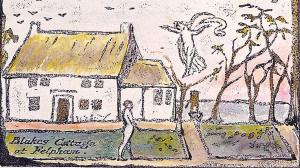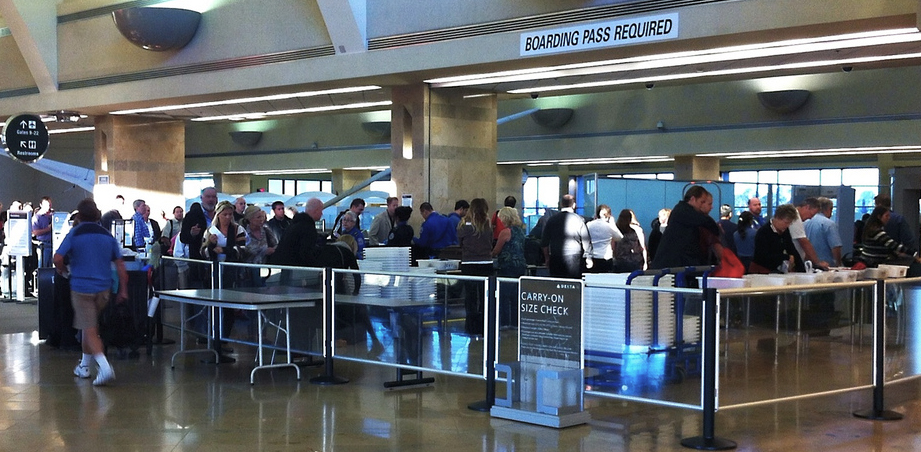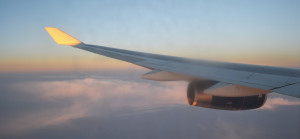To begin a travel plan, the first question is: where? But maybe it should be: why?
Adrian: Travel for me has always been pilgrimage. When I first went to London in 1976 it was a pilgrimage to visit the visionary city of poet William Blake, ‘the City of Golgonooza which is the spiritual fourfold London, in the loins of Albion’. During his 69 year earthly pilgrimage, Blake never left London, except 3 years he spent at the seaside, in the little town of Felpham in West Sussex. But Blake was a lifelong explorer. He dubbed himself a ‘mental traveller’.
Whilst at Felpham he wrote the words to the famous hymn Jerusalem. The cottage he rented, which was bought by the Blake Society in 2015, has hardly changed since Blake’s time – same doors, interior beams, same vegie patch. You can see the vegie patch clearly in the self-portrait picture above, showing Blake in his garden talking to an angel named Ololon. If you’re a Blake admirer (if you’re not, see here), don’t miss Felpham.
People more and more take traditional pilgrim routes, like the Camino de Santiago and the Char Dham in India. They also take unique private pilgrimages – to discover ancestry, or try walking in some special person’s shoes, or spend time in the natural home of an animal, or survive alone in the jungle. A thumping good time isn’t the purpose behind such pilgrimages. Far from it. They can be harrowing – a million people a year visit the Anne Frank House in Amsterdam.
To be a pilgrim is to follow your heart. Thinking about a lover makes our hearts miss a beat. Same with places. Maybe you want to dine in French chef Paul Bocuse’s restaurant, or play golf on the Old Course at St Andrews. Maybe you want to smell the fragrance of lemons wafted on the Aegean breeze, or know a polar bear is snoring under the same arctic sky as you.
It’s as much about what we leave behind as what we go for. In fact, destination can give way to aimless wandering. Destination, for a dedicated pilgrim, belongs in the rearview mirror- along with home and every other of amenity.
Present-day travel does its best to discourage aimless wandering of the throw-away-the-oars variety. Anyway, these days we’re forced to carry loads – not in packs or suitcases – but in our heads. Airport security, passports, visas, proof of identity. Only Alzheimer’s can save us from an existential crisis.

Luckily, thoughts come differently in a new place. When thoughts are different, we’re different – rocked by the rhythmic clack of bogies on a rail or the drone of aircraft engines over the mid-Atlantic. We come into being differently.

